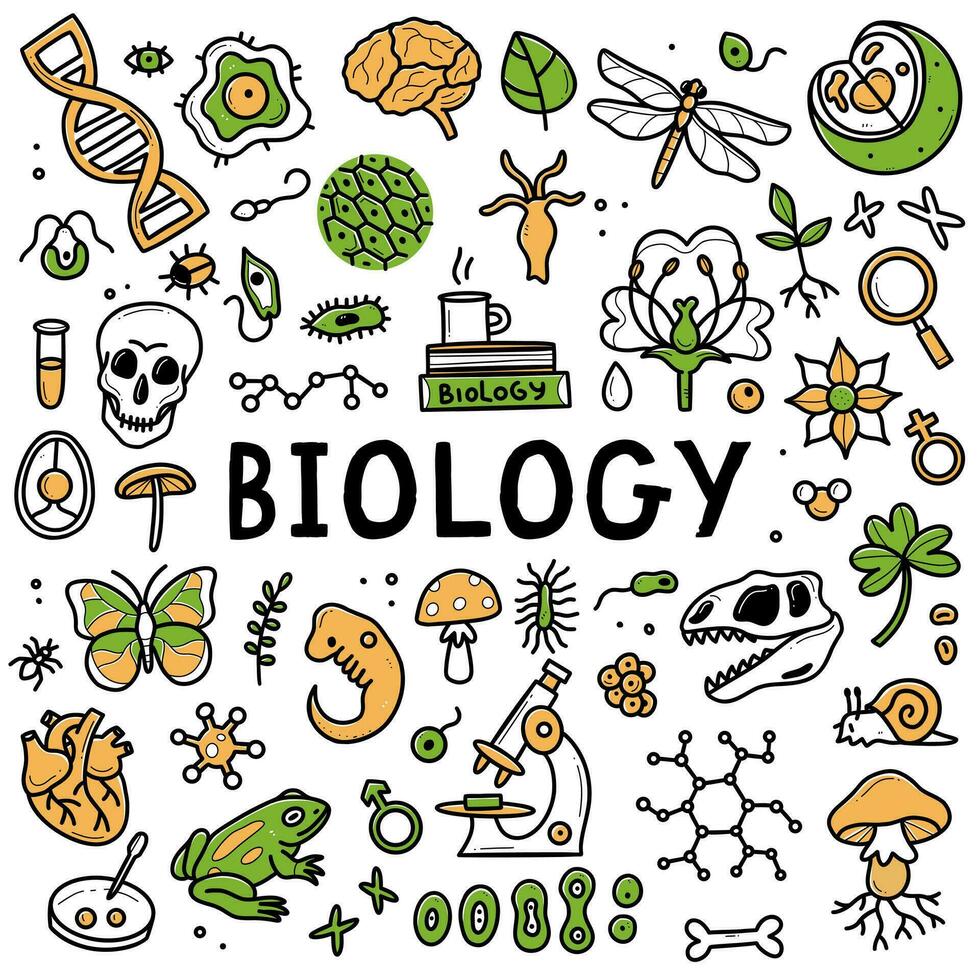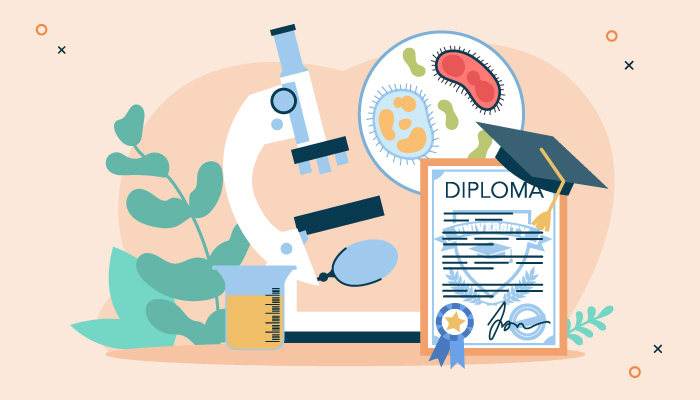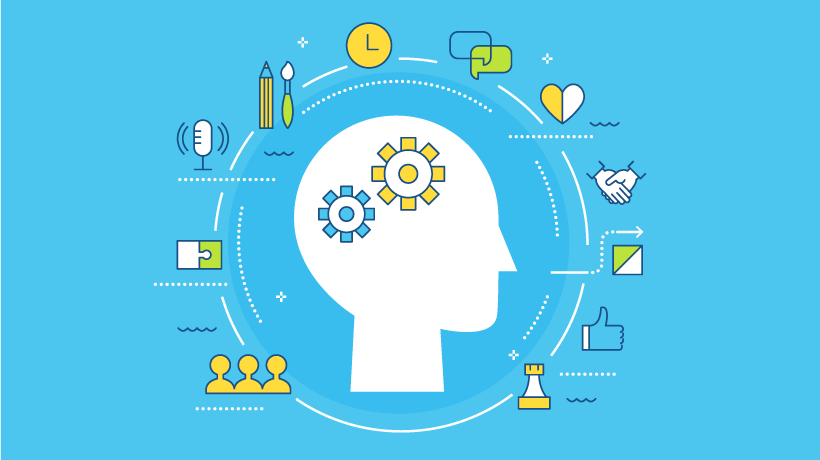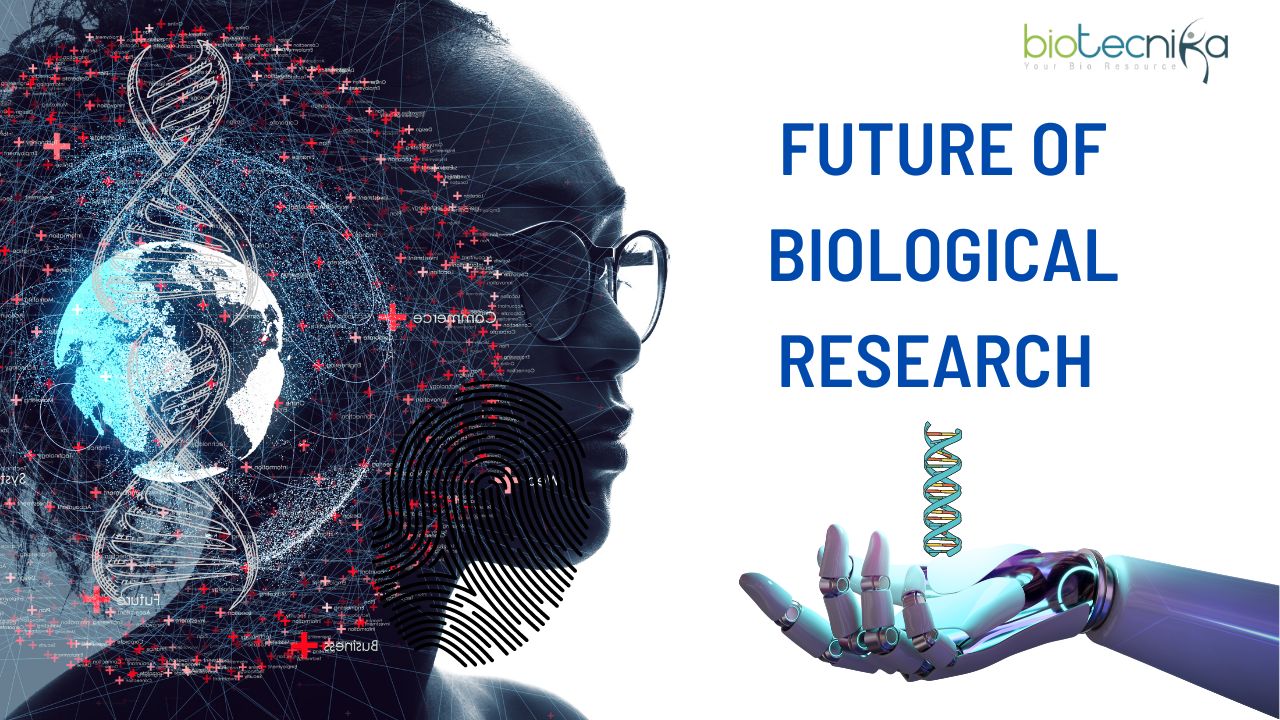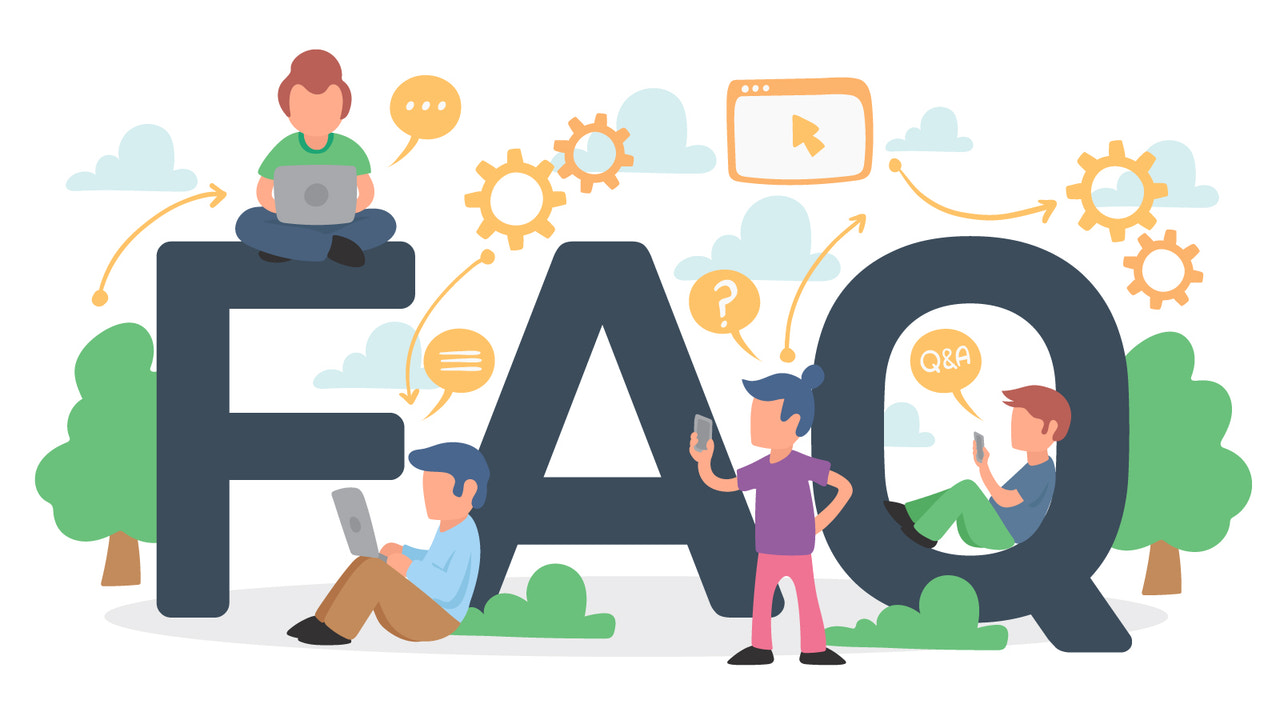Discover the Wonders of Biology: A Subject ReviewExplore the world of biology – from cells to ecosystems, unlock the secrets of life. Learn about key concepts, career paths, and why biology matters.
Table of Contents
- What is Biology?
- Key Disciplines within Biology
- Why Study Biology?
- Careers in Biology
- Skills for Success in Biology
- Famous Biologists and Their Contributions
- Top Universities for Biology
- The Future of Biology
- FAQ
What is Biology?
Biology is the scientific study of life in all its diverse and fascinating forms. It explores the fundamental building blocks of organisms, the complex processes that keep them alive, how they interact with each other and their environment, and the evolutionary history that shapes the vast web of life on Earth.
Key Disciplines within Biology
Biology is a vast field! Here are some crucial sub-disciplines:
- Cellular Biology: The study of cells, the basic units of life – their structure and function.
- Molecular Biology: Understanding life at the molecular level – DNA, RNA, proteins, and their roles.
- Genetics: Investigating how traits are passed down through generations, and manipulating genes.
- Biochemistry: The chemistry of life, the molecules and reactions that sustain living organisms.
- Ecology: Interactions of organisms with each other and their environment, the study of ecosystems.
- Evolutionary Biology: Processes that shaped the diversity of life, from natural selection to common ancestors.
- Microbiology: The study of microorganisms like bacteria, viruses, and fungi.
- Anatomy and Physiology: The structure and function of organisms and their organ systems.
- Zoology: The study of animals, their classification, behavior, and evolution.
- Botany: The study of plants in all their amazing forms and functions.
Why Study Biology?
- Understanding Life: Biology gives tools to decipher the incredible intricacy of living things, from the smallest cells to grand ecosystems.
- Tackling Global Challenges: Knowledge of biology is essential to address issues like disease, climate change, food security, and biodiversity loss.
- Improving Human Health: Biological research underpins new medical treatments, vaccines, and health technologies.
- Appreciating the Natural World: Biology cultivates a sense of wonder and appreciation for the interconnectedness of life and its amazing adaptations.
Careers in Biology
A biology degree unlocks a wide array of exciting career paths:
- Researcher: Unraveling mysteries of life in universities, labs, government agencies, or companies.
- Healthcare Professional: Doctor, nurse, veterinarian, medical researcher, pharmacist, etc.
- Environmental Scientist: Protecting biodiversity, managing natural resources, tackling pollution.
- Biotechnologist: Developing new products, from medicines to bio-based materials.
- Forensic Scientist: Analyzing evidence and aiding criminal investigations.
- Science Educator: Inspiring students as a teacher, museum curator, or science communicator.
- Science Writer/Journalist: Reporting about biological discoveries and their impact.
Skills for Success in Biology
To excel in biology, develop these skills:
Absolutely! Here's a breakdown of the crucial skills that can lead to success in biology, along with ways to develop them:
Core Skills
-
Observation and Critical Analysis: Biologists must closely observe phenomena (from cells under a microscope to animal behavior), analyze data, interpret results, and draw evidence-based conclusions.
- How to Develop: Practice careful note-taking during experiments, analyze research papers, and participate in discussions where you break down biological findings.
-
Scientific Method: A systematic approach to asking questions, forming hypotheses, designing experiments, gathering data, and analyzing results to reach conclusions.
- How to Develop: Design your own small experiments, follow the steps rigorously, and focus on replicable methodology.
-
Laboratory Techniques: Proficiency in handling equipment, conducting experiments safely, following protocols, and accurately collecting data are essential. This includes skills from microscopy to molecular biology techniques.
- How to Develop: Maximize hands-on lab time, pay attention to detail, and seek additional training if needed.
-
Data Analysis: Biology often involves handling large datasets. Skills in statistics, using appropriate software, and interpreting graphs/tables are vital.
- How to Develop: Take statistics courses, practice with data analysis tools (like Excel, R), and learn about data visualization principles.
-
Scientific Communication: Clearly presenting research findings through written reports, presentations, and posters.
- How to Develop: Write detailed lab reports, practice explaining complex biological concepts to peers, and seek opportunities to present your findings.
Essential Soft Skills
-
Curiosity and a Love for Learning: A natural inquisitiveness about living things and an eagerness to explore drive great biologists.
- How to Develop: Read widely, ask questions, watch documentaries, attend public science lectures, keep your sense of wonder alive!
-
Problem-solving and Creative Thinking: Biology involves tackling complex problems, designing experiments, and often thinking outside the box.
- How to Develop: Brainstorm different approaches, consider unconventional solutions, break down large problems into smaller steps.
-
Collaboration: Most biological work happens in teams – within labs, research groups, and across scientific fields. Being able to work effectively with others is crucial.
- How to Develop: Hone your communication and teamwork skills through group projects, participate in study groups, and contribute to research discussions.
-
Perseverance and Resilience: Research is sometimes slow, and experiments don't always work the first time. Learning to overcome setbacks and adapt your approach is key.
- How to Develop: Seek out challenges, embrace the learning process even when things are tough, remember the bigger goal of your work.
Additional Tips for Biology Students:
- Find a Mentor: A good mentor in your field of interest can offer invaluable guidance and support.
- Take Advantage of Internships: Gain hands-on experience and insights into real-world biology applications.
- Explore Different Areas of Biology: There are so many subfields! Experiment to find what sparks your passion.
- Stay Updated on the Latest Research: Read scientific journals and attend conferences to stay ahead of the curve.
Here's a breakdown of some famous biologists and their groundbreaking contributions to the field:
Revolutionizing Our Understanding of Life
-
Charles Darwin (1809-1882): Developed the theory of evolution by natural selection, fundamentally transforming how we understand the diversity and origins of life on Earth. His book "On the Origin of Species" is one of the most influential scientific texts ever written.
-
Gregor Mendel (1822-1884): Known as the "Father of Genetics." His experiments with pea plants revealed the basic laws of inheritance, explaining for the first time how traits are passed down through generations.
-
Louis Pasteur (1822-1895): Pioneer in microbiology. Developed pasteurization (heating to kill microbes), disproved the idea of spontaneous generation (life arising from non-living matter), and created vaccines for rabies and anthrax.
-
Robert Koch (1843-1910): Another founder of modern microbiology. Identified the causes of tuberculosis, anthrax, and cholera. Developed methods for culturing bacteria and his postulates are still used to link microbes to diseases.
Cracking the Code of Life
-
Rosalind Franklin (1920-1958): X-ray crystallography images of DNA were essential for discovering its double helix structure. Her work was critical but often under-recognized during her lifetime.
-
James Watson (1928-) and Francis Crick (1916-2004): Credited with the DNA double helix model, a watershed moment in biology. This discovery opened the door to modern molecular biology and genetics research.
-
Carl Woese (1928-2012): Revolutionized our understanding of life's classification by identifying the Archaea, a third domain of life alongside bacteria and eukaryotes.
Pioneers in Medicine and Research
-
Alexander Fleming (1881-1955): Discovered the antibiotic penicillin, ushering in a new era of bacterial infection treatment and saving countless lives.
-
Jonas Salk (1914-1995) and Albert Sabin (1906-1993): Developed the first effective polio vaccines, majorly combating a crippling disease.
-
Barbara McClintock (1902-1992): Studied corn genetics, discovering "jumping genes" (transposons) – mobile DNA elements that profoundly changed our understanding of genomes.
-
Jennifer Doudna (1964-) and Emmanuelle Charpentier (1968-): Co-developed the CRISPR-Cas9 gene editing technology, a revolutionary tool with vast potential for medical treatment and genetic engineering.
Conservation and Animal Behavior
-
Jane Goodall (1934-): Pioneered long-term chimpanzee studies, transforming our knowledge of primate behavior, tool use, and their similarity to humans. A powerful advocate for animal conservation.
-
Dian Fossey (1932-1985): Revolutionary studies of mountain gorillas, raising awareness of their intelligence and social complexity, and fighting for their conservation.
-
Rachel Carson (1907-1964): Marine biologist and author of "Silent Spring," a groundbreaking book highlighting the dangers of pesticides like DDT, galvanizing the environmental movement.
Important Notes:
- This is just a small sampling! There are countless other scientists who have advanced our understanding of biology.
- Contributions of women and scientists from diverse backgrounds have historically been overlooked; it's crucial to recognize and celebrate their work.
Top Universities for Biology
(Note: Rankings change, please research for up-to-date information)
- Harvard University (USA)
- Massachusetts Institute of Technology (MIT) (USA)
- Stanford University (USA)
- University of Cambridge (UK)
- University of Oxford (UK)
The Future of Biology
Biology is poised for incredible breakthroughs:
- Personalized Medicine: Tailoring treatment based on individual genetic makeup.
- Synthetic Biology: Designing new organisms, applications from pollution cleanup to new materials.
- Brain-Computer Interfaces: Potential to help those with paralysis with thought control.
- Tackling Biodiversity Loss: Using biology to restore and conserve the variety of life.
Absolutely! Here's a comprehensive set of Biology FAQs covering a range of topics:
Basics of Biology FAQs
-
What is the difference between living and non-living things?
- Living things exhibit these key characteristics:
- Organization (cells, tissues, etc.)
- Metabolism (energy use)
- Homeostasis (maintaining internal conditions)
- Growth and development
- Reproduction
- Response to stimuli
- Adaptation through evolution
- Living things exhibit these key characteristics:
-
What are the different levels of organization in biology?
- From smallest to largest: atoms, molecules, organelles, cells, tissues, organs, organ systems, organisms, populations, communities, ecosystems, biosphere.
-
What is the cell theory?
- Core principles:
- All living things are made of cells
- The cell is the basic unit of life
- All cells come from pre-existing cells
- Core principles:
-
What's the difference between prokaryotic and eukaryotic cells?
- Prokaryotes (bacteria, archaea): Smaller, simpler, no true nucleus, DNA in a loose region
- Eukaryotes (animals, plants, fungi): Larger, complex, have a nucleus and membrane-bound organelles
Genetics and Evolution FAQs
-
What is DNA and how does it work?
- DNA (deoxyribonucleic acid) is the genetic material. It's a double helix molecule made of nucleotides that carries instructions for building and operating an organism.
-
What is the difference between genes and chromosomes?
- Genes: Specific segments of DNA that code for particular proteins or traits.
- Chromosomes: Long, thread-like structures made of coiled DNA and proteins, visible during cell division.
-
How are traits inherited?
- Through genes passed from parents to offspring. Patterns of inheritance depend on whether traits are dominant/recessive and the genes' locations.
-
What is evolution and how does it happen?
- Evolution: change in the heritable characteristics of populations over generations. Mechanism: natural selection - individuals best adapted to their environment have higher survival and reproduction, changing the population's gene pool over time.
Ecology and Environment FAQs
-
What is an ecosystem?
- A community of living organisms plus their interactions with the nonliving parts of their environment (e.g., water, soil).
-
What are food chains and food webs?
- Food chain: Linear sequence showing how energy and nutrients flow from one organism to the next as one consumes another.
- Food web: Complex network of interconnected food chains in an ecosystem.
-
How does climate change impact ecosystems?
- Disrupting habitats, altering species distributions, changing weather patterns, and creating stresses for many organisms.
-
What is biodiversity and why is it important?
- Biodiversity: the variety of life on Earth across all levels (genes, species, ecosystems). It's vital for ecosystem stability, food sources, medicine, evolutionary potential, and more.
Human Biology FAQs
-
How does the human body maintain homeostasis?
- Through various feedback mechanisms that regulate conditions within a range. Examples: controlling body temperature, blood sugar levels, blood pressure.
-
What is the immune system and how does it work?
- An intricate network of cells and organs that defend against pathogens. Uses barriers (skin), general immune cells, and targeted antibodies to fight infection.
-
How do vaccines work?
- Expose the body to a weakened/inactive pathogen or its parts, triggering the immune system to develop antibodies without actual illness. This prepares it for a real future infection.
-
Why do we need to sleep?
- Still not fully understood, but vital for:
- Memory consolidation and learning
- Restoring energy levels
- Physical repair
- Immune system function
- Still not fully understood, but vital for:


